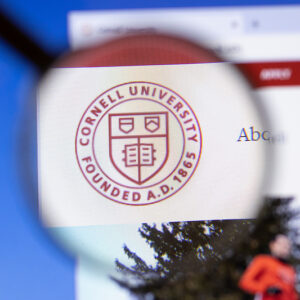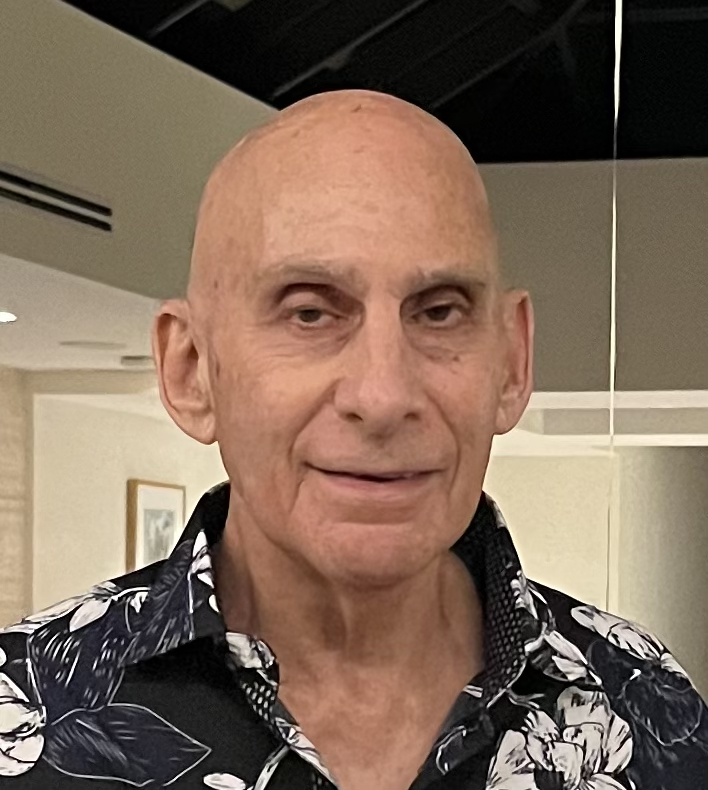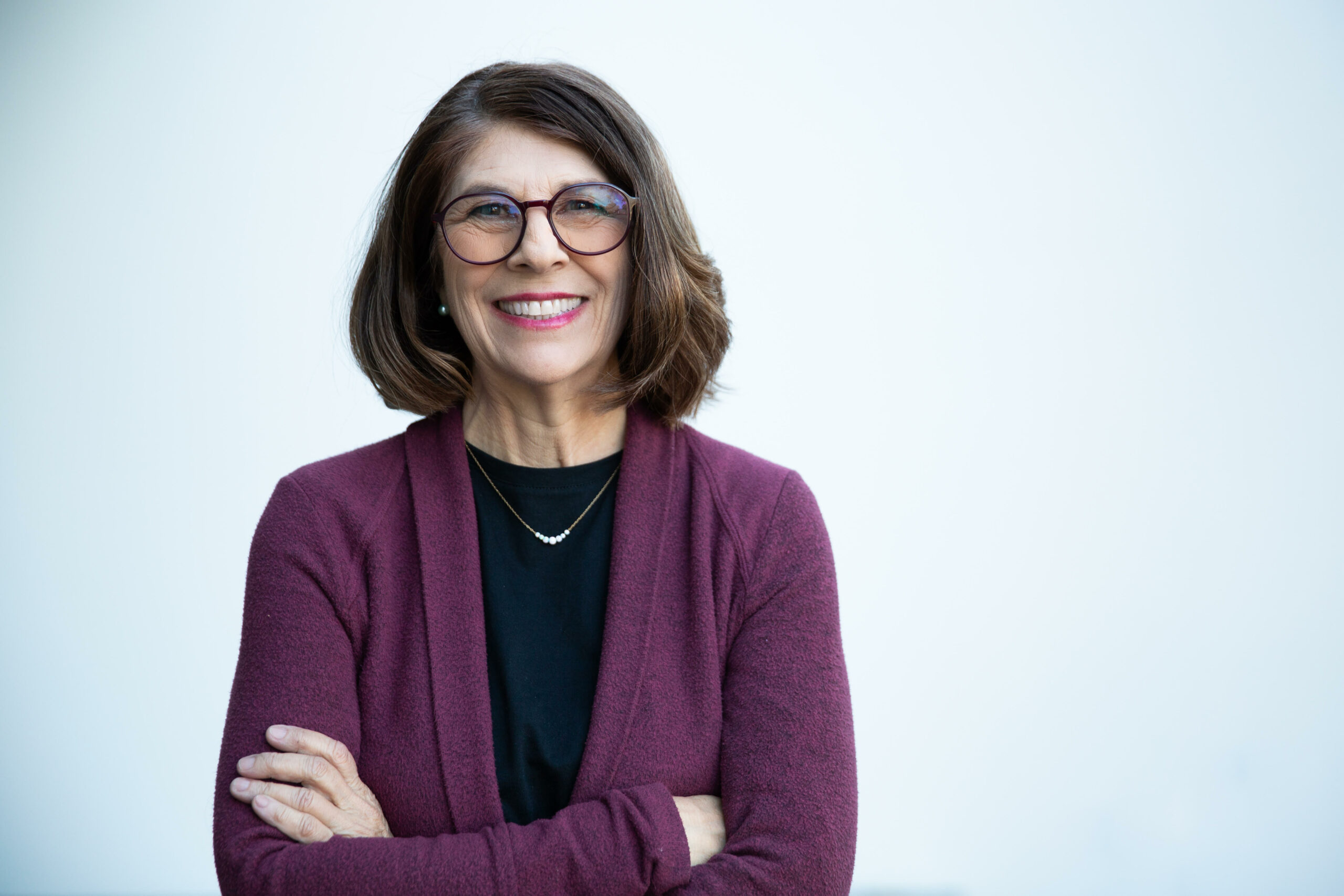It has been years since we walked the campus of Cornell as students, but we still feel a connection — and a debt — to our university home.
Like many others worldwide, Cornell shaped us into who we are today. It challenged our views, forced us to confront our assumptions, and exposed us to countless different ways of seeing the world, made possible by extraordinary diversity not just in the way people looked but in the way they thought and the things they believed.
For Cornell to remain exceptional, it must always be a welcoming space for diverse viewpoints. In recent years, however, as reported by many students and faculty and as evidenced by multiple high-profile controversies, the university has lost its way as a bastion for free speech and viewpoint diversity. That’s why we have joined other alumni, students and faculty in forming the Cornell Free Speech Alliance (CFSA).
We are heartened that President Martha Pollack and university leaders have heard our calls and named this academic year “The Indispensable Condition: Freedom of Expression at Cornell.” This follows Pollack’s excellent decision to reject the Student Assembly’s trigger-warning proposal and her earlier return of the Abraham Lincoln bust to the school library after it was removed for offending a student. We applaud these moves.
Now it’s time for the next phase of work, which is instituting meaningful policy reforms. Cornell’s free speech crisis didn’t happen by chance. It came about because of permissive policies that bowed to pressure and compromised the key value — the “indispensable condition” — of the university.
We sought to jump-start the reforms last month by sending a series of policy recommendations to university leaders. We hoped they would respond directly and accept our request for a meeting. Instead, Pollack sent a message to the university community that, as the Cornell Review reported, appeared to respond to our policy report by challenging our critique of the university’s diversity, equity and inclusion policies.
Pollack’s message makes some valid points. It argues that a university has a responsibility to adopt core values and that sometimes those values conflict. But her message makes a notable and telling mistake: It uses “DEI” and “diversity” interchangeably when the two are miles apart.
Diversity is a value and a goal, one that CFSA supports. DEI is a set of policies and practices that not only violate free speech but also counteract meaningful diversity.
As one example of this mistaken terminology, Pollack writes after a discussion of DEI: “Do these two values, of diversity and free expression, sometimes come into tension with one another? Of course, they do.”
Actually, they don’t.
Free expression enables genuine diversity. It recognizes that a person’s identity — be it racial, ethnic, sexual or any other identity — doesn’t just manifest in ways that we see but also in ways that we hear through dialogue and debate. Diversity comes with unique worldviews and belief systems, and we cannot celebrate a person’s diversity without hearing them out.
DEI, on the other hand, directly suppresses free expression. It is a set of policies and practices that include requiring faculty applicants to pledge allegiance to a political creed and filtering out any who don’t. It demands that students take courses that teach that only a narrow set of viewpoints is correct and acceptable. It creates a reporting system that encourages students to tattle on those who offend them, thus chilling speech that upsets the dominant orthodoxy.
The environment promoted by DEI is not educational; it is not diverse; and it is certainly not inclusive or equitable. It promotes intellectual stagnation and a smug certainty in the rightness of one worldview. It seeks to create a campus where everyone looks different but thinks the same.
We are active in CFSA not because we are cranky old alumni who want everything to go back to the way it was. On the contrary, we want today’s students to be exactly who they are, without the self-censorship and fear of social ostracism that prevails today. We believe that free speech is the prerequisite to a functioning and thriving university where students get their money’s worth.
Perhaps Pollack and university leaders said it best when they called free speech the Indispensable Condition. Good for them.
The first step to solving any problem is admitting there is one, and the university’s theme is a tacit admission that the free-speech climate on campus has deteriorated and that the administration has a responsibility to intervene. We recognize that this took courage. Now it’s time to turn words into actions by reforming the policies that got us here.



